
The Duet
Shabbat Shekalim: The half-shekel reminds us that we can do nothing on our own. We must partner with our fellow Jew, knowing “I am nothing without him.” The half-shekel mitzvah is conducive to Jewish unity, as this moving story of a childless couple illustrates...

Tanya had circled the coming Sunday on her kitchen calendar: it was exactly ten years since she stood under the wedding canopy with Reuven. In his pocket Hebrew-English calendar and date-keeper, Reuven highlighted the same date – March 1 – which was also first day of Adar. Inside the box designating the date, he wrote, “Thank You, Hashem, for my aishet chayil, my woman of valor.”
In the one-hundred twenty months since their wedding night, Tanya and Reuven had one-hundred nineteen disappointments, one each time it became apparent that they would not attain their long-awaited status as expectant parents that month. So far, nothing had helped, neither fertility specialists nor treatments. Hashem in His infinite wisdom was not yet opening their gate to enlarging the family.
As much as she accepted Hashem’s will with emuna, Tanya never succeeded in holding back the monthly tears. Just when she needed an embrace from Reuven, family purity laws required them to refrain from any physical contact for the next week and a half or so. Reuven, the model husband, did his best to compensate. To prevent Tanya from feeling neglected, unloved or unwanted in any way, Reuven would make her a candlelit dinner. Any five-star chef would be proud of the gourmet dishes that Reuven would  prepare for the woman he loved so much.
prepare for the woman he loved so much.
The day before their tenth anniversary, they had disappointment number one-hundred-twenty. But this time, their candlelit dinner would be markedly different.
“Reuven, this time, I want to delay candlelit dinner until we’re permitted to each other – let’s celebrate our anniversary two weeks from now.”
“Anything that makes you happy makes me happy, sweetheart.”
Reuven was a G-d – fearing individual. He knew that Jewish religious law required him to divorce his wife after ten years of childlessness. He also knew that Tanya was well aware of that particular law as well. Notwithstanding, he had no intent of leaving his cherished wife any time before his 120 years on earth were up. “Hashem will forgive me,” he thought. “I can no sooner give up my heart or brain than give up Tanya. I must show her how much she means to me.”
Reuven and Tanya met when they both played for the Boston Philharmonic Orchestra. Secular at the time, Tanya played the flute and Reuven was a superb violinist. Ultimately, they attended Aish HaTorah seminars together and became observant. They moved to Israel, married and settled down in a tiny apartment that they bought in Jerusalem. Reuven immersed himself in fulltime Torah study while Tanya became a music teacher. Between paying off their tremendous mortgage and the high cost of living in the holy city, they barely scraped by. During a one-year period that Tanya found no employment, she sold her flute and Reuven sold his violin. They consoled each other saying that Bach and Mozart were no longer parts of their lives. That was seven years ago.
Four years ago, Reuven began to set aside money every month. He put a down payment on a $6500 custom-handmade Haynes professional flute at a prestigious instrument shop in Tel Aviv. This month, he would be making the final payment…
Meanwhile, Tanya knew that despite his total dedication to Gemara, Reuven missed the violin. Her husband could make a violin laugh or cry. She too had been quietly saving money for four years. She wanted Reuven to have a sweet-sounding Stentor violin, even nicer than the one he had before. The one she chose was a $6500 model. This month, she too would be making the final payment…
Candlelit dinner began when Reuven drove Tanya home from her ritual immersion in the mikveh. Before they sat down to eat a fare of coq-au-vin and steamed veggies, they opened their best bottle of Judean Hills Chateau Malbec wine and toasted l’chayim. Then, each ran to the respective hiding places where they hid their gifts for each other…
Breathlessly, Tanya caressed the silver Haynes flute. “This must have cost you a fortune,” she gasped.
Through a cloud of tears, Reuven gently removed the Stentor out of its case. “Now I understand why you haven’t bought yourself a thing in recent years, my love. Why did you do it?”
“I’m a useless half without you, beloved husband. You are the other half of my soul. You give my life meaning…”
They forgot about the food. They had spent $13,000 dollars on gifts for each other. Thirteen not-so coincidently is the Hebrew numerical equivalent for the word ahavah (love) and for echad (one).
Classical composers were no longer a part of their lives. Reuven said, “My love, I’ll bet that the Carliner Ka Echsof melody that I sing on Friday night is exquisite in a flute-violin duet.” Tanya began to play, and Reuven joined in. Their love for each other further magnified the beauty of their playing. They continued with Yaacov Shwekey’s Im Eshkachech Yerushalyim and moved over to Shlomi Shabbat’s Ein Od Milvado, ending up in each other’s arms. Later, they ate cold coq-au-vin, sipped more wine and celebrated their love for each other. Apparently, their love, dedication and pent-up emotions, expressed so exquisitely in the hour-long medley that they played together, pierced the Heavens and knocked down all the barriers to their future as parents. For the next nine months, they didn’t have any candlelit dinners.
* * *
Shabbat Shekalim commemorates the mitzvah of giving the half-shekel. Every Jew, rich or poor, is required to give one-half of a shekel to the Holy Temple on Rosh Chodesh Adar, so that everyone participates. The fund is earmarked for the purchase of the daily public ritual sacrifices for the coming year. The half-shekel reminds us that we can do nothing on our own. We must partner with our fellow Jew, knowing “we are nothing without him.” As such, the proper observance of the half-shekel mitzva is conducive to Jewish unity, which is so effective in invoking Divine compassion. May we see the full redemption of our people and the rebuilding of our Holy Temple speedily and in our days, amen!




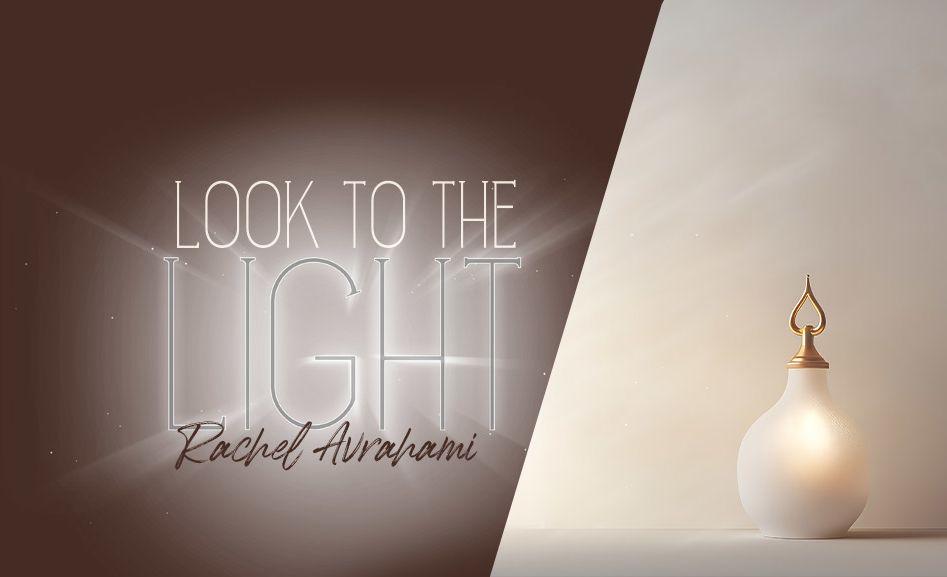
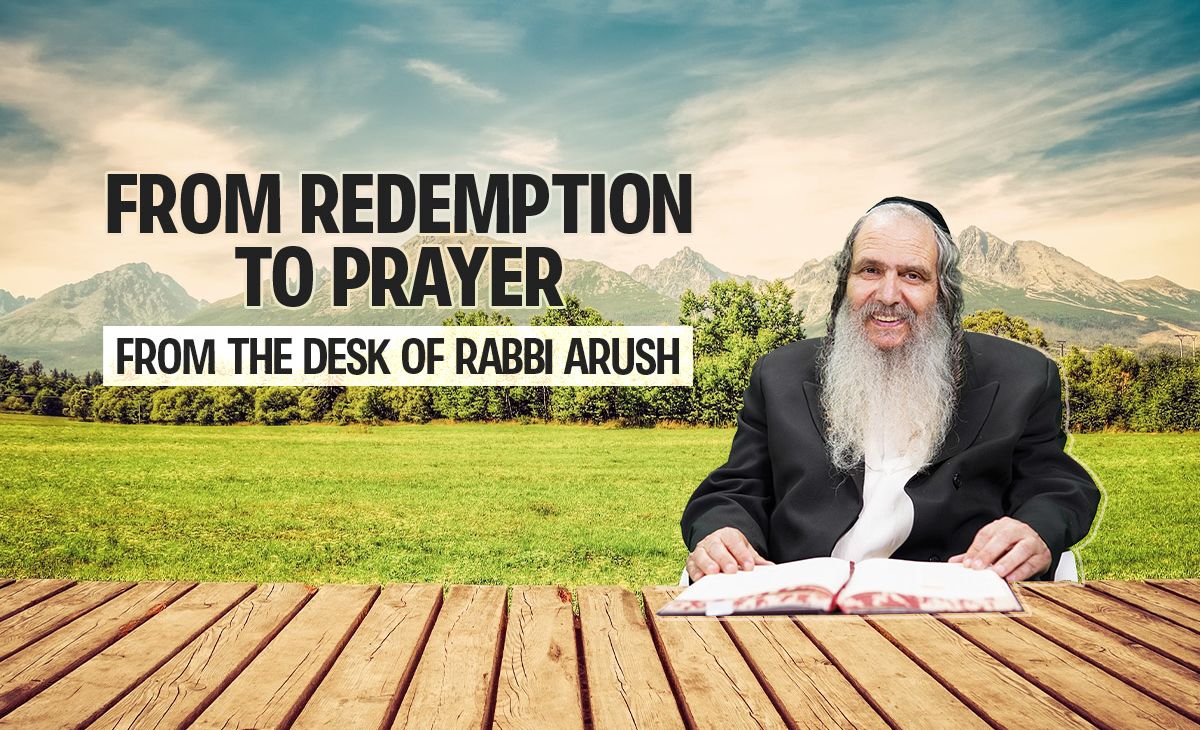


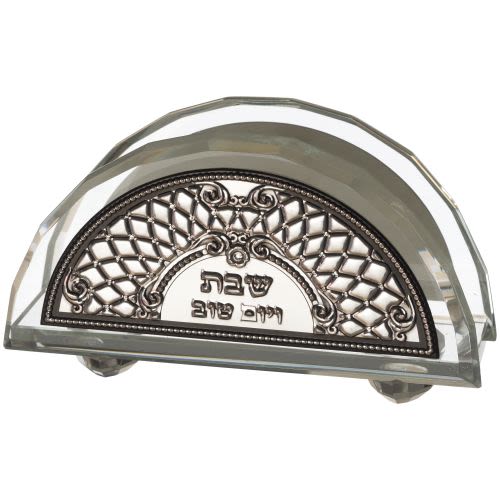
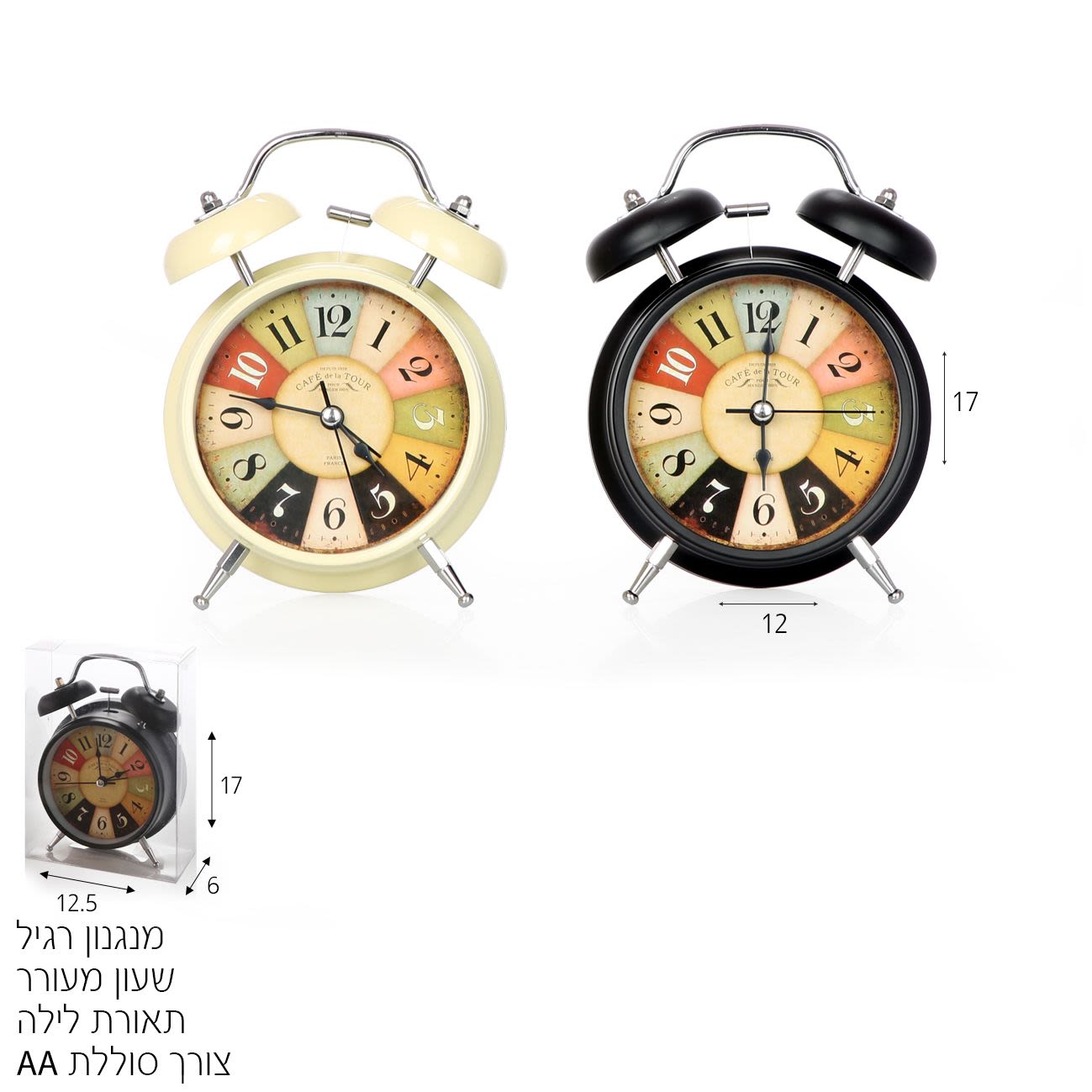
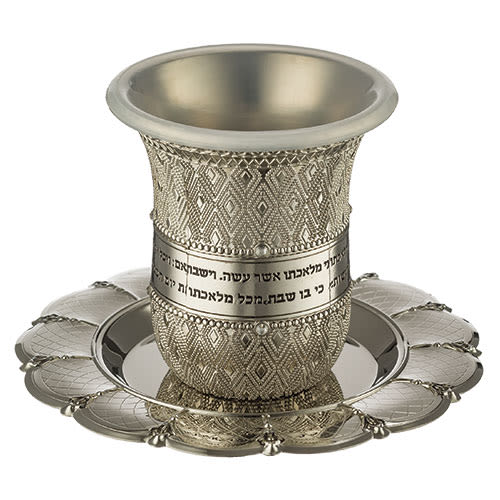

Tell us what you think!
Thank you for your comment!
It will be published after approval by the Editor.